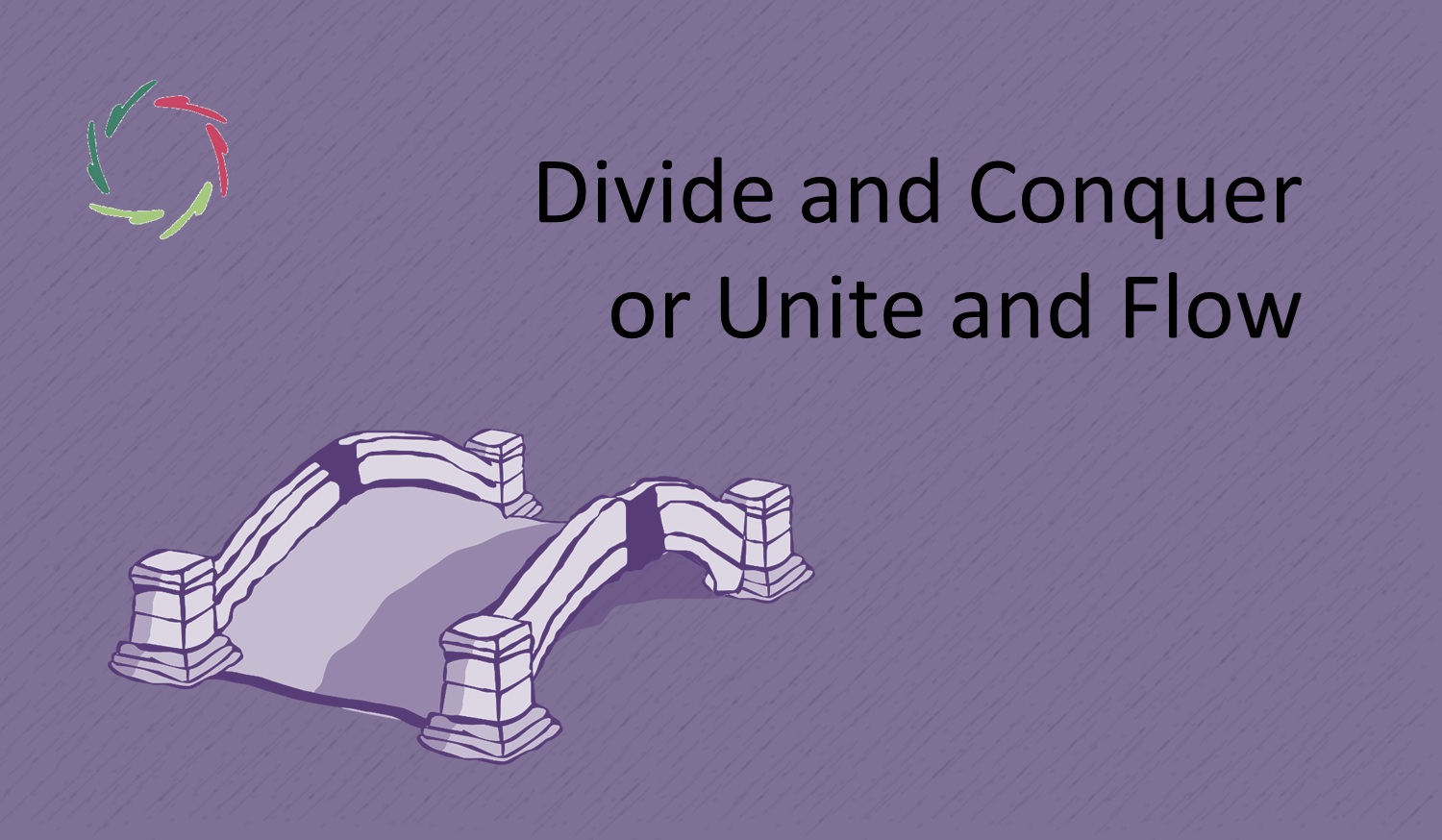The Intellectual Elite – Leaving Nobody Behind

This is an idea, a concept. It is not a set of people who, for instance, have accomplished something, did some study, or wrote a book. The elite is a goal, something to which anybody can and should strive, certainly also in the business world.
One may attain little, perhaps through genetic predisposition or just bad luck, yet if the striving is present, that person is also fully part of this elite. Nobody is left behind. Anybody can partake unless one continuously chooses not to.
On the other side, thinking you have arrived is never good enough.
I’m not afraid to say I have that goal.
This also means that I make (a lot of) effort towards that goal, even while the biggest part of this does not translate into earnings.
Indeed, a characteristic of this elite is that money is not its highest good. Money is relevant to get things done, for instance, to ‘buy’ the time needed to read, experience, think, and if the occasion arises, to write or produce other instances of intellectualism.
Intellectual elitism is a contribution to society even if it doesn’t make anyone richer in money.
Too abstract?
‘Too’ much of anything can be absolute. Too much oxygen in the air that you breathe causes you to die. But can something be ‘too’ rational? I don’t think so. The more rational, the better, in principle. The same with ‘abstract.’
‘Too’ can also be exclusive: too much of something instead of a blend. An exaggeration in one thing can make something else fall off the cliff. In this case, the former stands in the way of the latter. ‘Too conceptually rational’ can mean that one has no eye for depth. ‘Too abstract’ can mean that one has no regard for what is less abstract, but perhaps more meaningful.
‘Too intellectual’ can mean that it is standing in the way for simplicity. This way, ‘too intellectual’ can lead one to lose balance, becoming blind to ‘real life.’
A body-less mind in opposition to a mindless body
It is not in the middle of this that one can find excellence. [see: “Excellence“]
Everybody should be free to find one’s way in the landscape, the universe called ‘human’ ― I mean every individual human being. And OK, I also mean humanity.
This said,
the intellectual elite is absolutely worthwhile.
Such elitism lies in the idea of excellence in one’s thinking, striving for clarity, inclusiveness (in ways of thinking), and accumulating baggage, one way or another, in what is useful to attain even more. This, by itself, makes a person worthy.
There are many ways to be worthy, but this is undoubtedly one of them. The presence of such an elite – it may even be everyone – is necessary to form a good society. Therefore, the intellectual elite should definitely also strive to be influential.
In business
It seems to me that, unfortunately, intellectual elitism is not properly valued in today’s work, life and play. For instance, in our educational system, anything that doesn’t lead to monetary gain is increasingly looked upon with disdain. This is a huge mistake!
The more so because it’s just wrong. For instance, what is needed most in business is not management, but leadership ― of the right kind, preferably Open. [see: “Open Leadership is Bigger than You “] That is not possible without sufficient intellectual education of many ― ‘sufficient’ not being little. Not seeing this need forms people at risk of furthermore not seeing the need, resulting in a downward spiral.
Therefore:
The intellectual elite should primarily value itself.
This is a specific responsibility: to think and keep thinking and do this in a qualitatively right way. So, who says it is the right way?
Nobody, in principle. It can hardly be controlled. Involved are trust and trustworthiness. A lack of the latter leads to an endeavor to more and more control. Then also ‘too much control,’ stifling genuine intellectualism and leading to burnout of those who, nevertheless, want to keep on to it.
Trustworthiness doesn’t come for free. To earn it, and to show it, is also a huge responsibility for any intellectual towards oneself and society as a whole.
Even, or even more so, in a society caught in direct gratification.
We need an intellectual elite that is proud of itself and sees itself as indispensable for the good of all.
Speaking out because one has something to say.
Putting lots of effort into having something to say,
without disrespect to anyone else.


